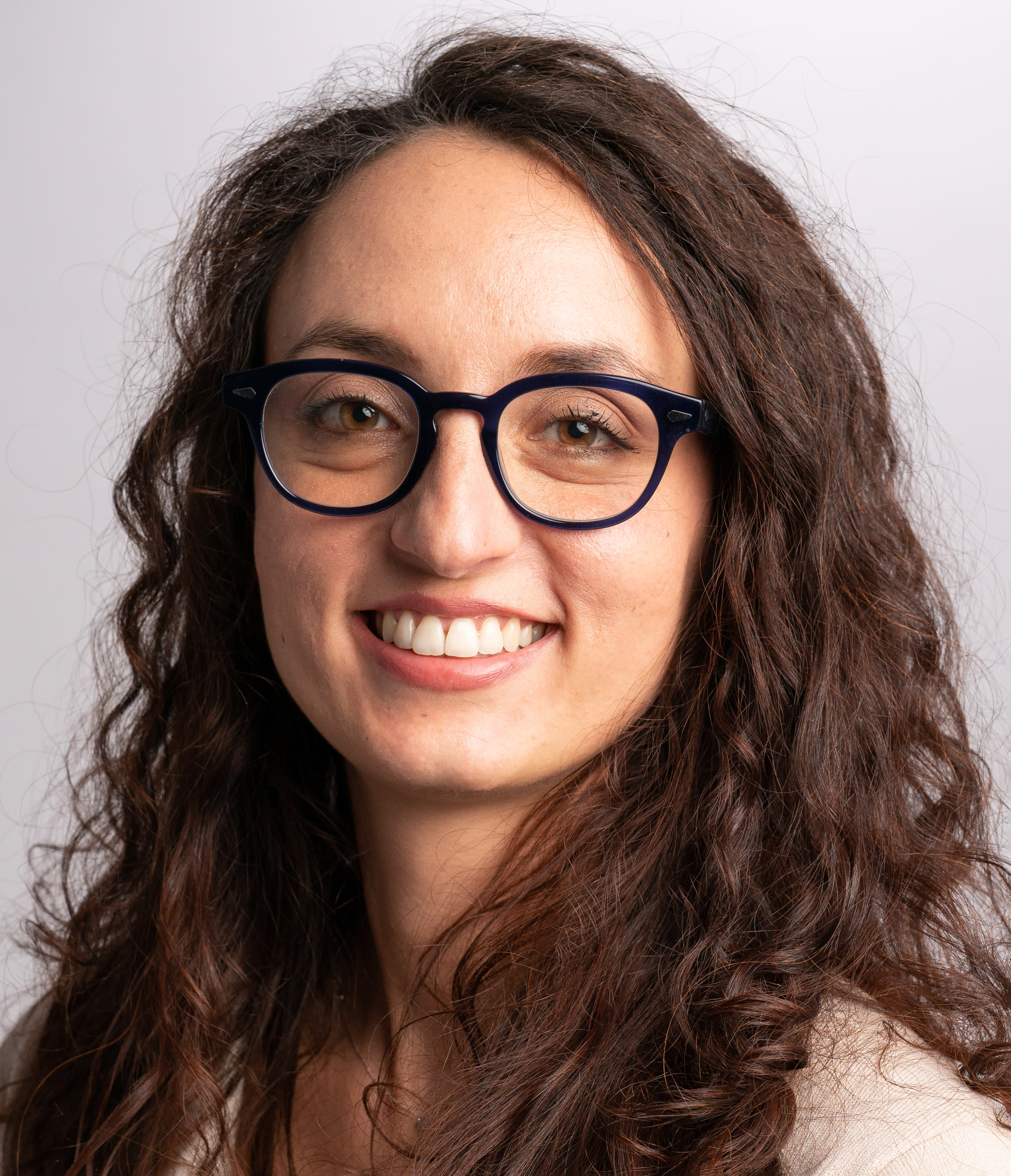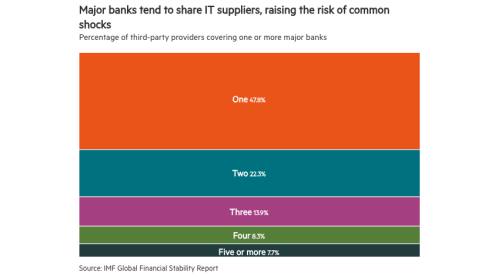Banks in Lebanon partially reopened on September 25, following a week-long closure after customers stormed several bank branches demanding their savings.
The past few weeks have been the culmination of an economic and financial crisis that started in 2019 when the country defaulted on its foreign debt. Since then, the Lebanese pound has plunged by more than 95% from the official rate, with dollars currently being valued at around L£38,000 on the parallel market.
The authorities are planning to re-peg the currency for the first time in 25 years, slashing its value against the dollar, as reported by the Financial Times.
Lebanon’s currency has been pegged to the US dollar since 1997 at a rate fixed by the central bank of L£1507. The new rate of L£15,000 to the dollar will come into effect in November.
With this context, it is no surprise that total assets for Bank Audi and Blom Bank, the country’s biggest lenders, have been decreasing steadily since 2018. While Bank Audi had $47.2bn in total assets in 2018, the level fell to $26.8bn at the end of 2021. Blom Bank dropped from $36.7bn to $26.4bn over the same period.
Earlier this week, the parliament approved the 2022 budget, containing reforms to meet the conditions set by the International Monetary Fund (IMF) to disburse a bailout for the crisis-stricken country. In April, Lebanon and the IMF had reached a conditional agreement on a $3bn loan to help the country tackle its economic crisis.







